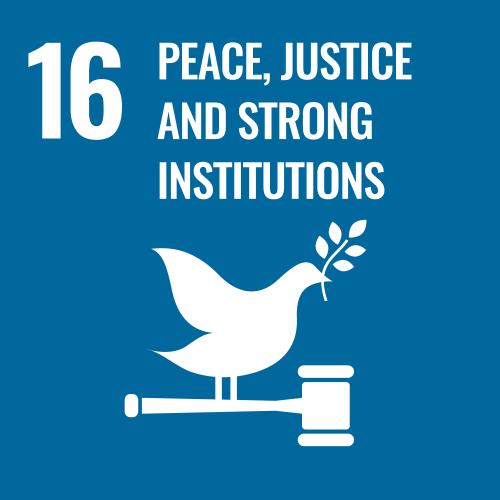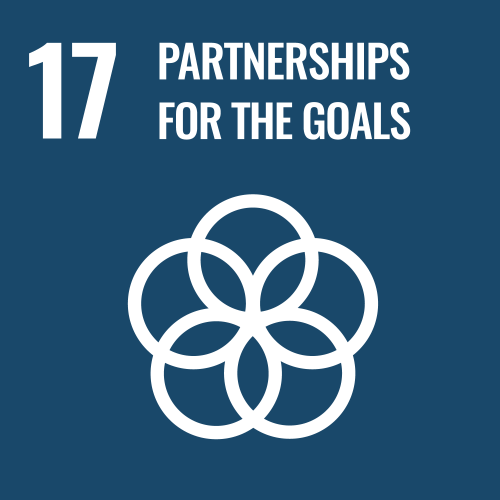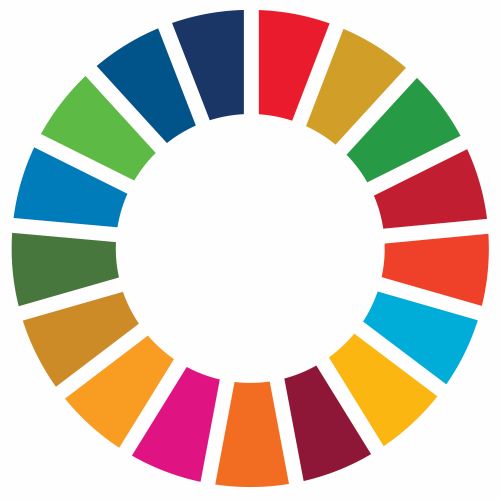
08/10/2025
The EU-LAC Digital Alliance Week in Antigua Guatemala has emerged as a strategic forum for sharing best practices, generating synergies and promoting new digital cooperation initiatives between the two regions.
Held from 22 to 26 September 2025, the EU-LAC Digital Alliance Week brought together more than 200 participants, including authorities, professionals and key players in digital transformation, e-governance and public innovation from Latin America, the Caribbean and the European Union. The meeting made it possible to define progress ahead of the upcoming CELAC-EU Summit in Santa Marta (Colombia).
The Week, co-organised by the European Commission together with partners such as AECID, the D4D Hub, ESA and ECLAC, provided an opportunity to review the progress made by the Digital Alliance since 2023 and discuss new cooperation initiatives.
Among the main events were the Copernicus Dialogue on Earth Observation, the Multi-Stakeholder Forum on Digital and Green Investment and Innovation, the High-Level Political Dialogues, the EU-LAC Digital Accelerator and the launch of the Latin American Artificial Intelligence Index. These spaces not only provided an opportunity to discuss the progress of the EU-LAC Digital Alliance strategy, but also to showcase the potential of the Team Europe approach, which brings together Member States, multilateral organisations and regional partners in the construction of a shared digital agenda.
All these spaces have strengthened bi-regional cooperation, allowing us to explore the potential of the Global Gateway Strategy and consolidate specific projects around meaningful connectivity, cybersecurity, artificial intelligence, digital government, and data governance.
The round table on data governance, organised by FIAP through the EU-LAC High-Level Political Dialogue on Digital Policy and Regulation project, has promoted debate on personal data protection, a key area for inclusive and sustainable digital transformation. Its development has reflected the growing importance of personal data protection as a driver of innovation and economic development, and also as an area where the fundamental rights and privacy of citizens must be guaranteed.
As highlighted by Lourdes Hernández, an expert from the AEPD mobilised by FIAP:
‘Digital progress must serve people, never at their expense. Data protection is not a barrier to innovation, but an essential condition for ensuring legitimate, inclusive development that respects human dignity. Where fundamental rights are protected, trust flourishes; without trust, there can be no digital transformation’
The debates began with an assessment of developments in data protection regulation and the consolidation of regional standards. Silvia Viceconte, from the European Commission, highlighted the European Union’s efforts to strengthen institutional capacities. Lucía Núñez, from the Chilean Ministry of Foreign Affairs, and David Osorio, from the Guatemalan Presidential Commission for Open and Electronic Government, shared their countries’ experiences in promoting transparency and digital security policies, with a focus on personal data protection legislation.
Another section was devoted to international data transfers, highlighting their enormous economic and strategic value. Violeta Paulero, from Argentina’s Public Information Access Agency, and Ambassador Eugenio Vargas, from Brazil’s Ministry of Foreign Affairs, stressed the need for robust regional frameworks for personal data protection.
The session also addressed the role of cooperation networks in data protection. In this regard, the experience of the Ibero-American Data Protection Network (RIPD) was highlighted as a mechanism for coordinating standards and practices in Ibero-America, as well as the emerging opportunities for the Caribbean to promote a common framework in this area. Felipe Rotondo and Shernon Osepa, strategic advisor to the Caribbean Telecommunications Union, agreed on the importance of creating regional cooperation platforms that strengthen local capacities.
Finally, a space was opened to discuss data governance in the health sector and open data models, illustrating how an appropriate information management framework can improve healthcare and facilitate research without compromising privacy. Lourdes Hernández Crespo, from the Spanish Data Protection Agency (AEPD), and Maria Owczarek, from the Polish Office for Personal Data Protection, shared the lessons learned in Europe from the European data strategy, with special mention of regulatory frameworks and common European data spaces, such as health.
The session included a look to the future with clear commitments: to support Caribbean countries in creating common data protection frameworks and a dedicated regional network; to advance specific initiatives for SMEs and data governance in the health sector; and to strengthen the role of the RIPD as a reference point. These steps add to the efforts of the EU-LAC Digital Alliance to consolidate a trust architecture that enables the secure and responsible flow of data in both regions.
Building an inclusive and humane digital future requires strong partnerships, political commitment and the participation of multiple actors. In this context, data governance is an essential pillar for sustainable digital transformation in Latin America, the Caribbean and Europe.


